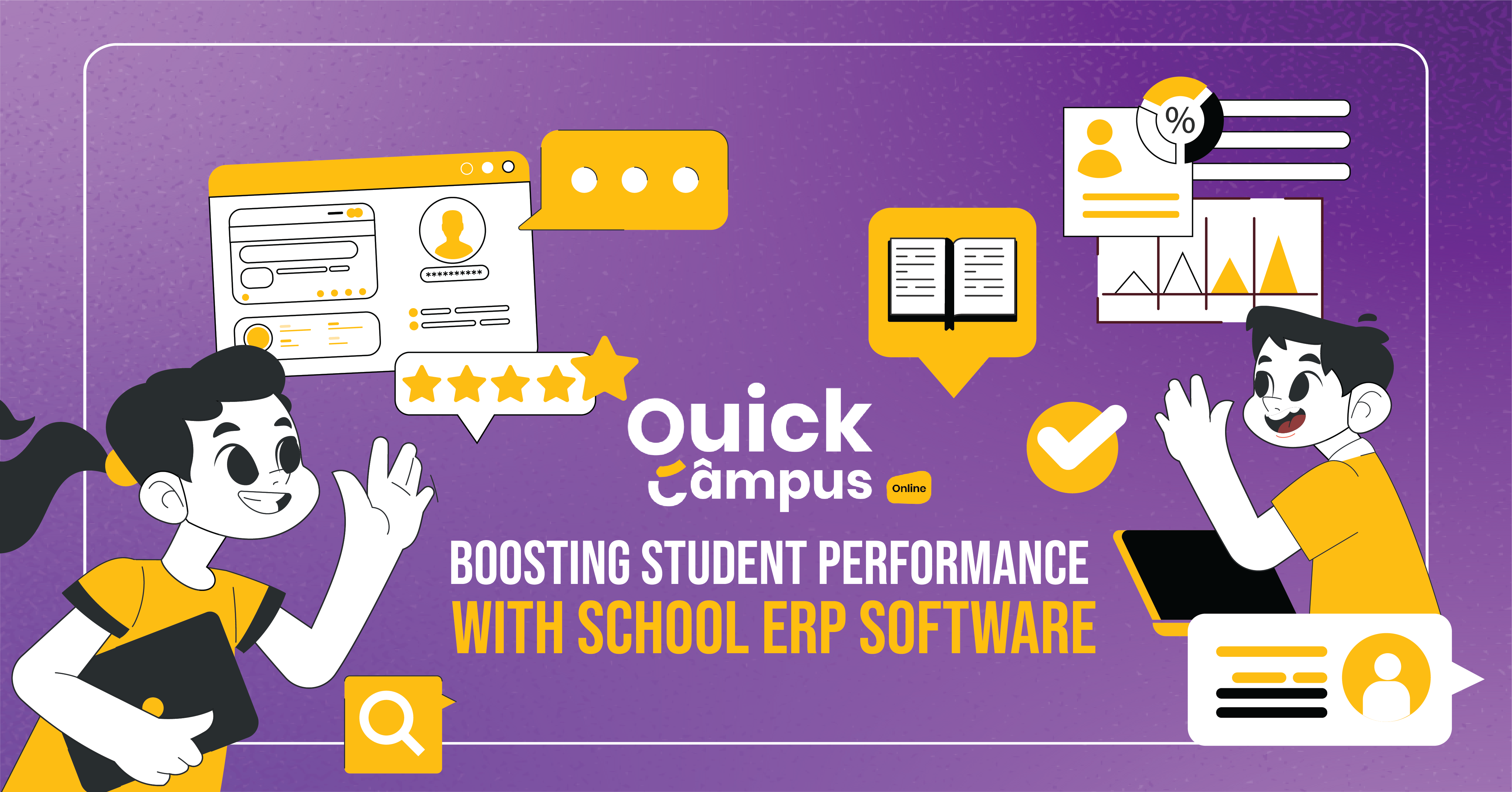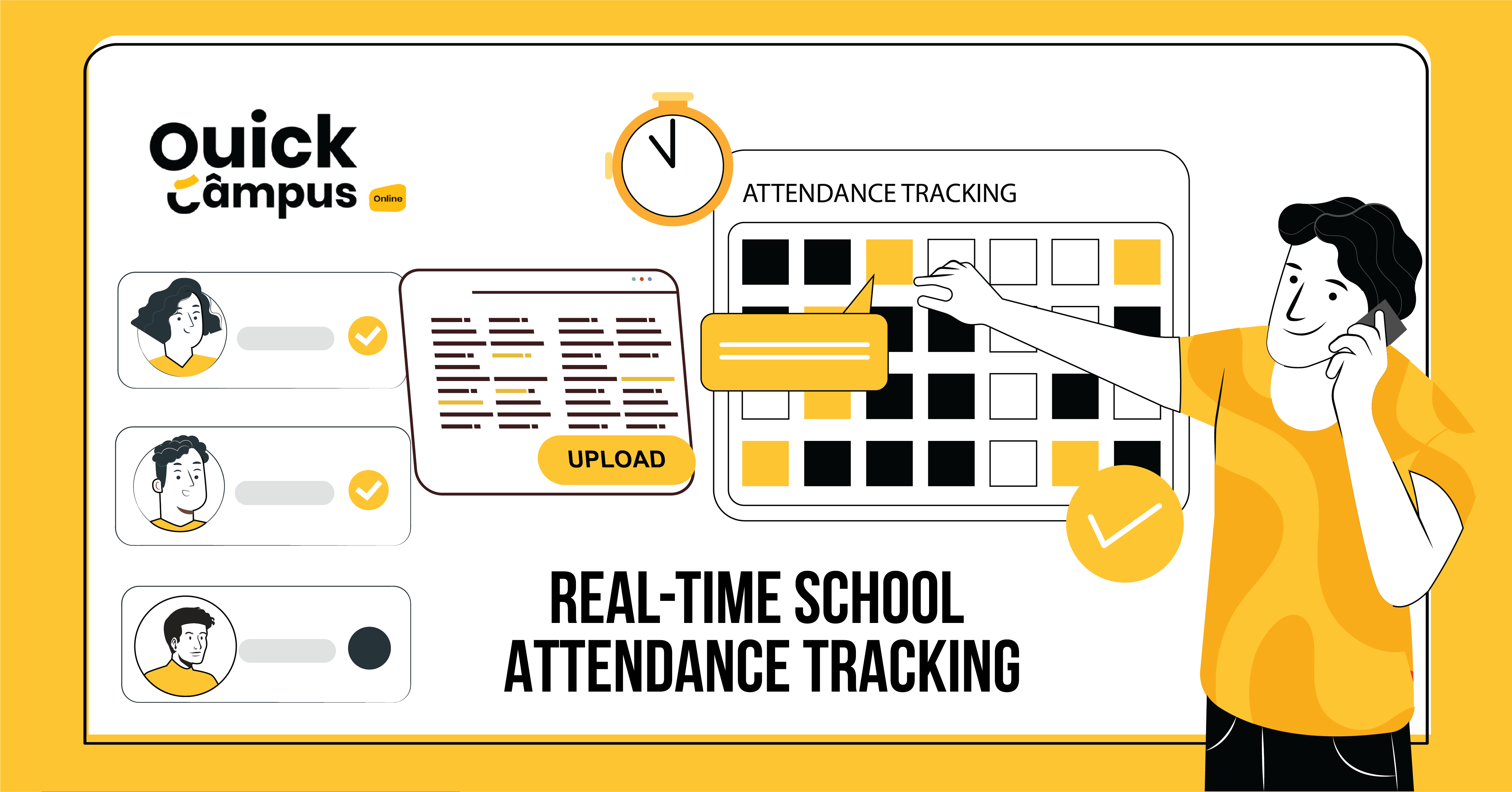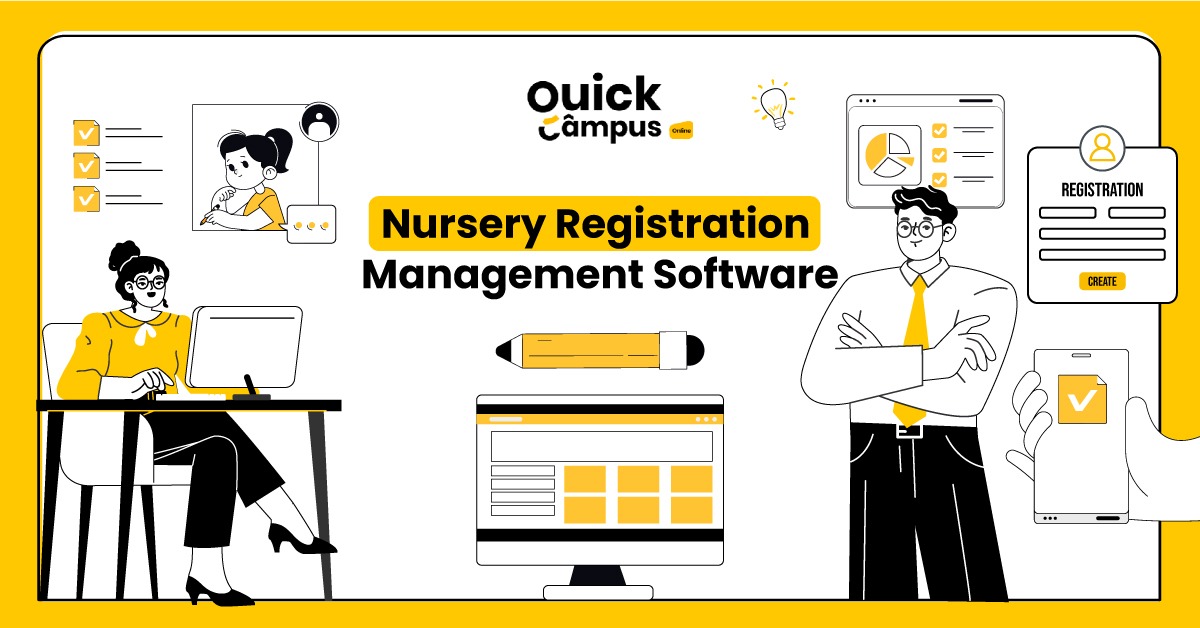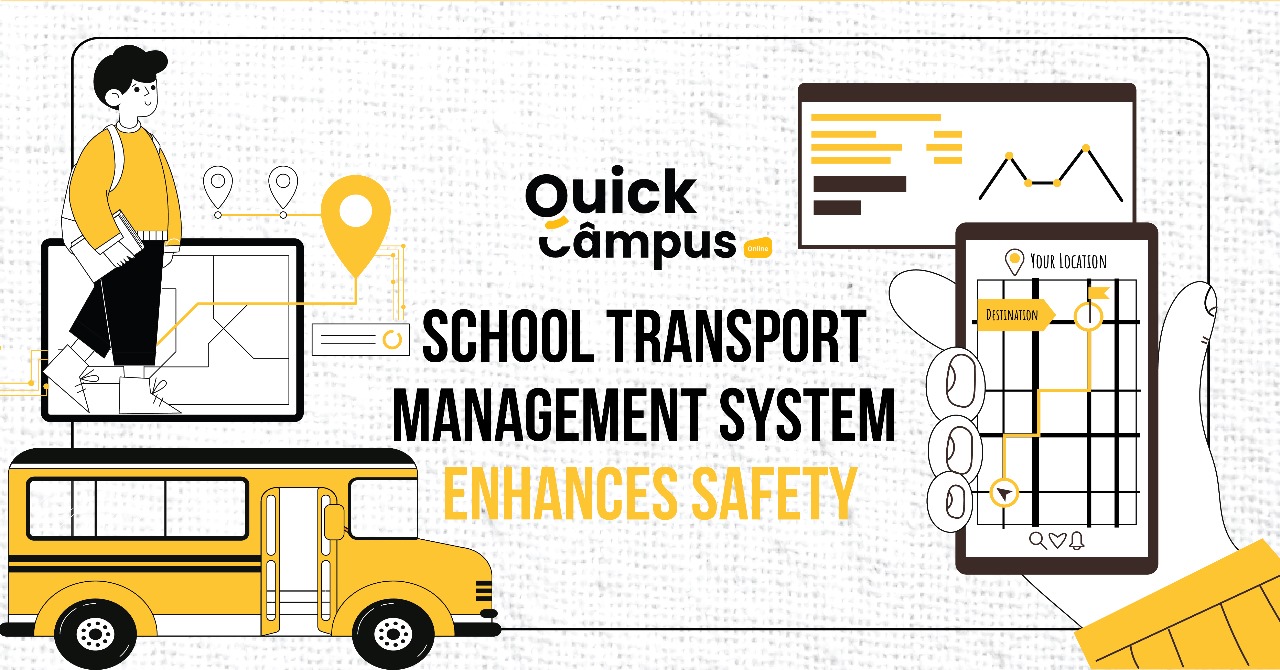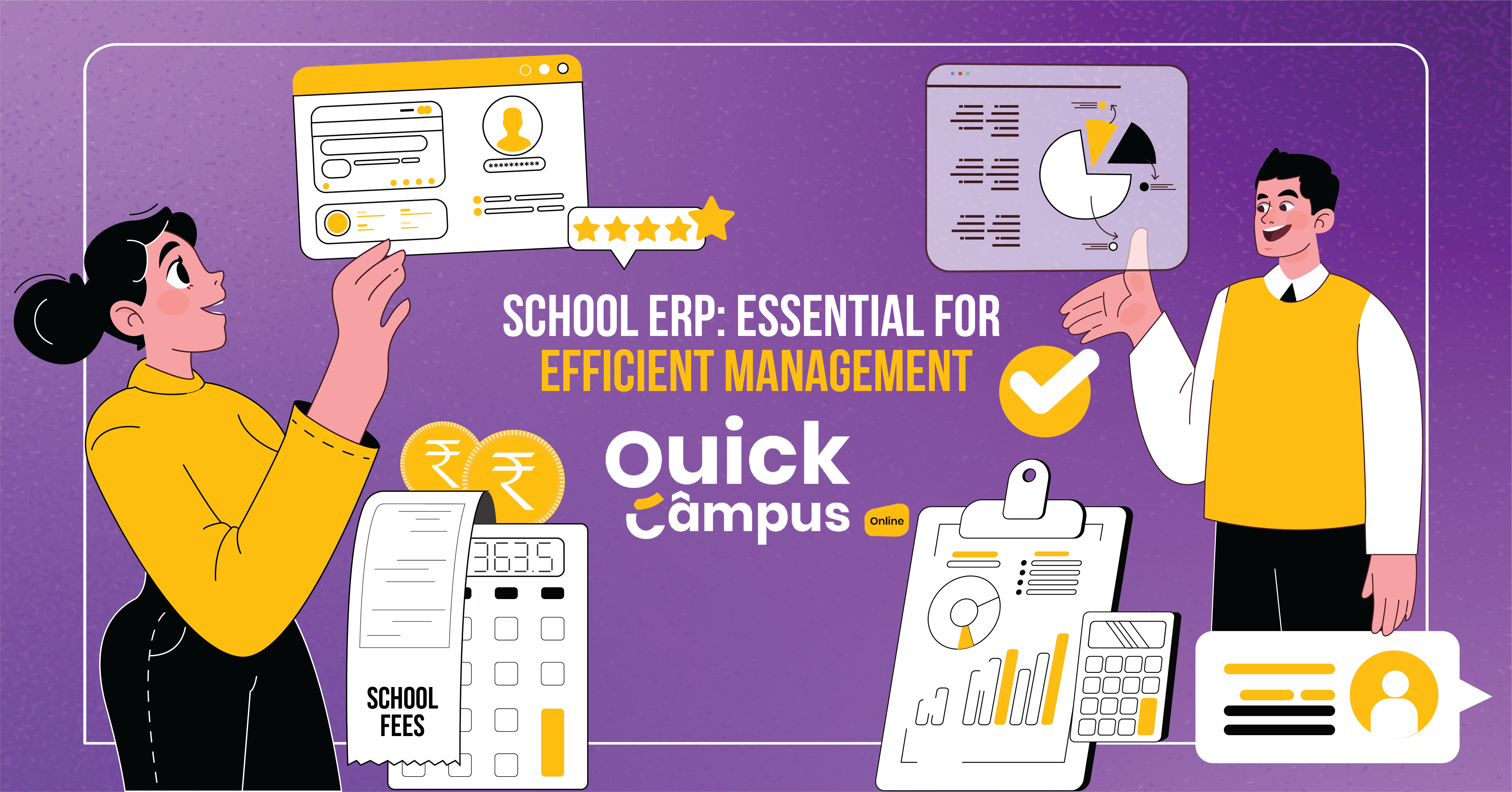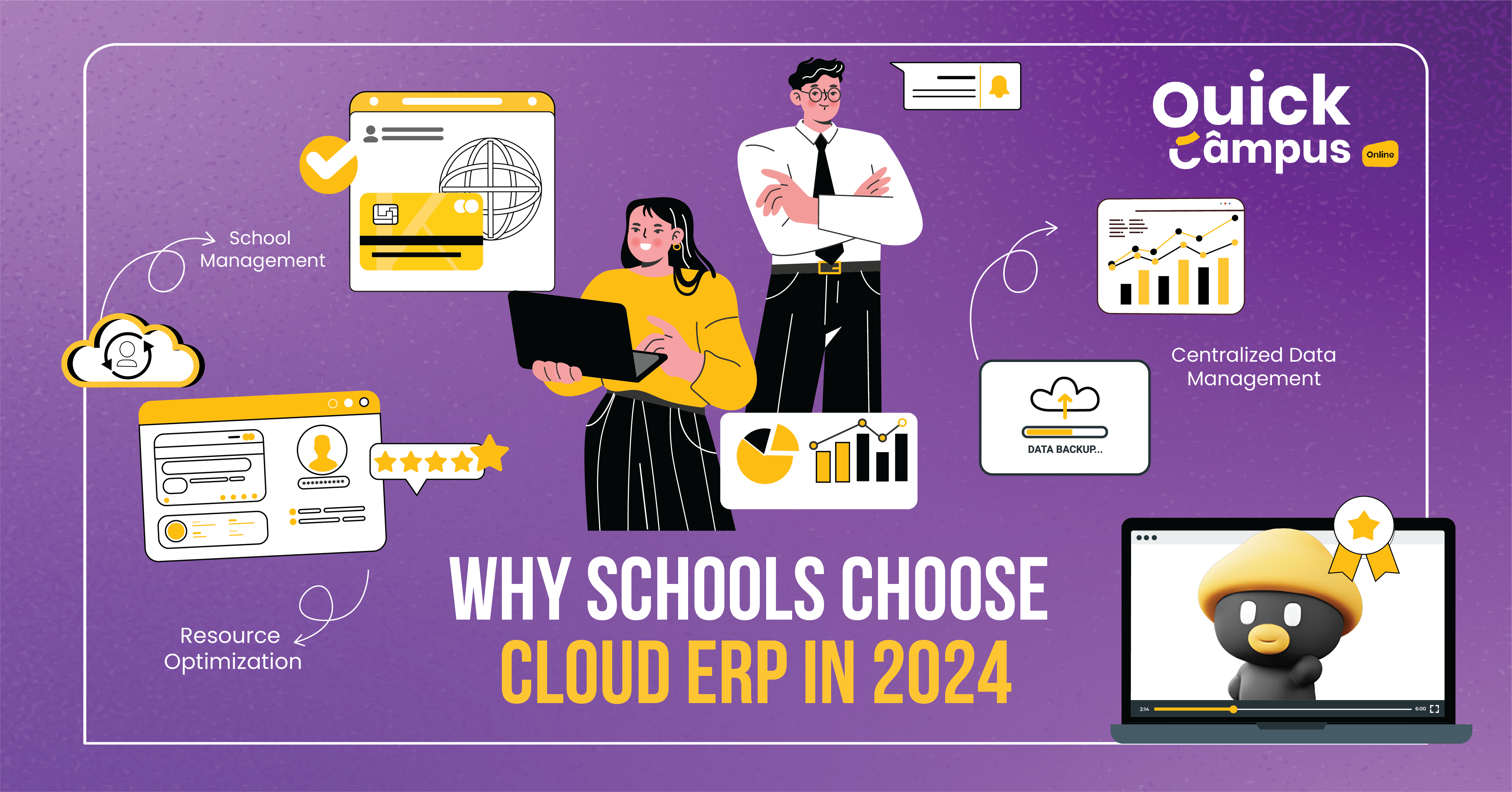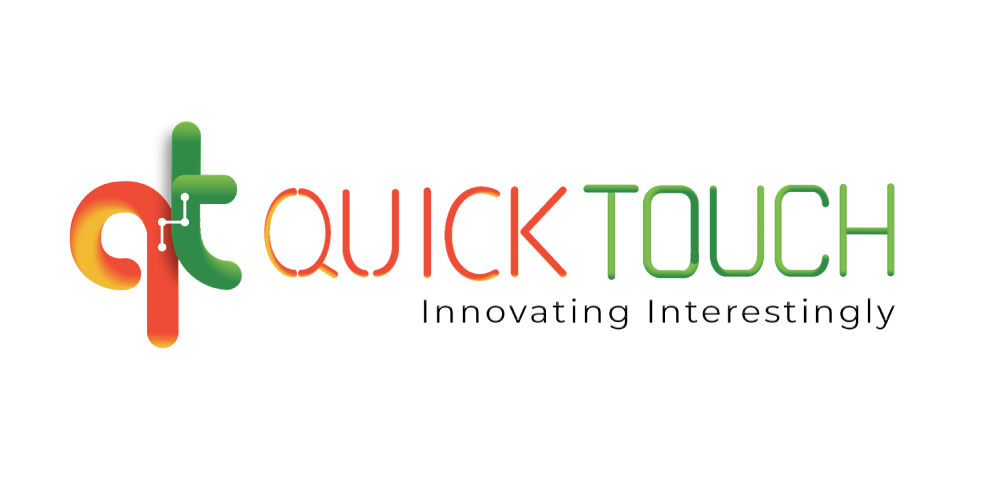Implementing Mental Health Resources For Schools
Let’s discuss something super important in education: mental health. Students’ mental health is super important for their overall growth and development. And that’s where learning management in schools for students’ well-being becomes game-changing. The adoption of learning management software (LMS) has become increasingly crucial for schools and businesses.
LMS facilitates the delivery, management, and tracking of students’ performance. These resources empower students to face several challenges, from academic pressures to social dynamics and personal journeys.
Here, successful school-based mental health programs come into the picture, which are uniquely structured to nurture cognitive power, emotional intelligence, and holistic well-being. But why exactly is an LMS for schools so crucial these days? Let’s find out.
How Is Students’ Mental Health Affected?
Let’s discuss in detail what challenges are usually faced by students in schools:
1. Academic Pressure
Parents’ high expectations of academic excellence often come at a cost. This relentless pressure contributes to heightened stress and anxiety levels among students.
2. Social Media Influence
Our day-to-day lives have drastically changed with modern tools the pervasive influence of social media can negatively impact students’ mental health and self-esteem.
3. Financial Strains
Various financial burdens, including tuition fees, living expenses, and other educational costs, often accompany the academic years. These financial strains create additional pressure and uncertainty in students’ lives.
4. Limited Support Services
Some schools may lack sufficient mental health services, hindering timely intervention and support for students. This inadequacy in support services can lead to students struggling in silence due to a lack of access to proper well-being facilities.
Importance Of Mental Health Resources For Students In Schools
Schools should leverage mental health resources for the comprehensive growth of students. LMS, or learning management system for students, is a useful tool to make mental health resources readily available and accessible to them. There are several benefits to implementing, including:
- Enhances student engagement, behavior, and the overall school environment.
- Reduce stress and anxiety levels, fostering a conducive learning environment. Mental health resources for elementary students help them to grow without the weight of emotional burdens.
- Improve academic performance and achievement.
- Cultivates emotional intelligence and coping skills to tackle future life challenges.
Types Of Mental Health Resources For Students
Several different types of mental health resources for students. Some of them are:
1. Counselling Services
Students who are having mental health problems while they are in school can speak with an authorized counselor. These experts provide students with private, one-on-one sessions where they can discuss their feelings and pick up coping mechanisms.
2. Peer Support Programs
These unique programs allow students to open up to mentors. Mentors are often other students. Sharing feelings reduces isolation and forms positive peer and teacher relationships.
3. Mindfulness Practices
Techniques like meditation, yoga, and physical activities. They teach mindfulness – being present in the moment. Students learn to manage stress and anxiety. Their focus and confidence improve.
4. Educational Workshops
Many schools host workshops on important topics, such as stress management, emotional skills, and self-care. These workshops give students practical tools for daily life and build valuable skills for the future.
How LMS Systems Can Help Implement Mental Health Awareness Programs In Schools?
Mental health awareness is crucial, especially for hardworking faculty members. They often face immense stress and burnout. Thankfully, there are various features of LMS systems that can provide effective solutions to support their well-being.
1. Identifying The Support Gap For Mental Health
These cutting-edge tools can spot trends in stress and burnout by gathering information on teachers’ mental well-being. With this information, institutions may better customize their support networks to treat the underlying causes of mental health problems.
2. Engaging Multimedia Lessons
Learning comes alive through multimedia content. Engaging video lectures and recorded lectures cover all topics, with interactive lessons capturing students’ attention. Follow-up assessments then reinforce understanding, making learning stick.
3. Progress Tracking
LMSs can help monitor each student’s growth, which is vital. This feature tracks progress with clear milestone indicators, giving teachers insights into how every student is advancing on their educational path. Also, personalized guidance becomes easy with mental health programs in schools when needed.
4. Monitoring And Encouraging Faculty Members’ Mental Health
LMS can help you to recognize faculty members’ mental health concerns. By identifying and addressing these issues, institutions may put initiatives and programs into place that will help teachers. Mental health resources for teachers help them to make a mindset of students that schools are a safe place to learn and grow.
5. Using LMS To Deliver Support Resources
They can act as a focal point for the distribution of data and resources related to mental health. Successful school-based mental health programs combine many resources and interventions. Through these platforms, faculty members can enhance their well-being by gaining access to self-help materials, counseling services, and stress management practices.
Final Words
Nurturing healthy minds is key to our kids’ overall growth and future success. By prioritizing mental health programs in schools and supporting student well-being through these resources, we create a strong foundation. Kids gain resilience, self-awareness, and vital life skills.
Mental health resources for teachers also play a huge role. Empowered educators can better guide students on this journey. User-friendly tools like learning management software make it easier to integrate mental health resources into everyday school learning.
Empathy and implementing mental health resources in schools provide a beacon of hope. They will be nurturing every student’s emotional, academic, and personal growth.
Why Is Student Mental Health So Important?
Good mental health allows students to handle academic stress better, build healthy relationships, and develop resilience, preparing them for overall success.
What Types Of Mental Health Resources Should Schools Provide?
Common resources include counseling services, peer support programs, mindfulness training, and educational workshops on mental health topics.
How Can An LMS Support Mental Health Initiatives In Schools?
An LMS acts as a central hub providing access to mental health content, tools for monitoring student/ faculty well-being, virtual support communities, and delivery of self-help resources.

